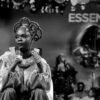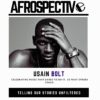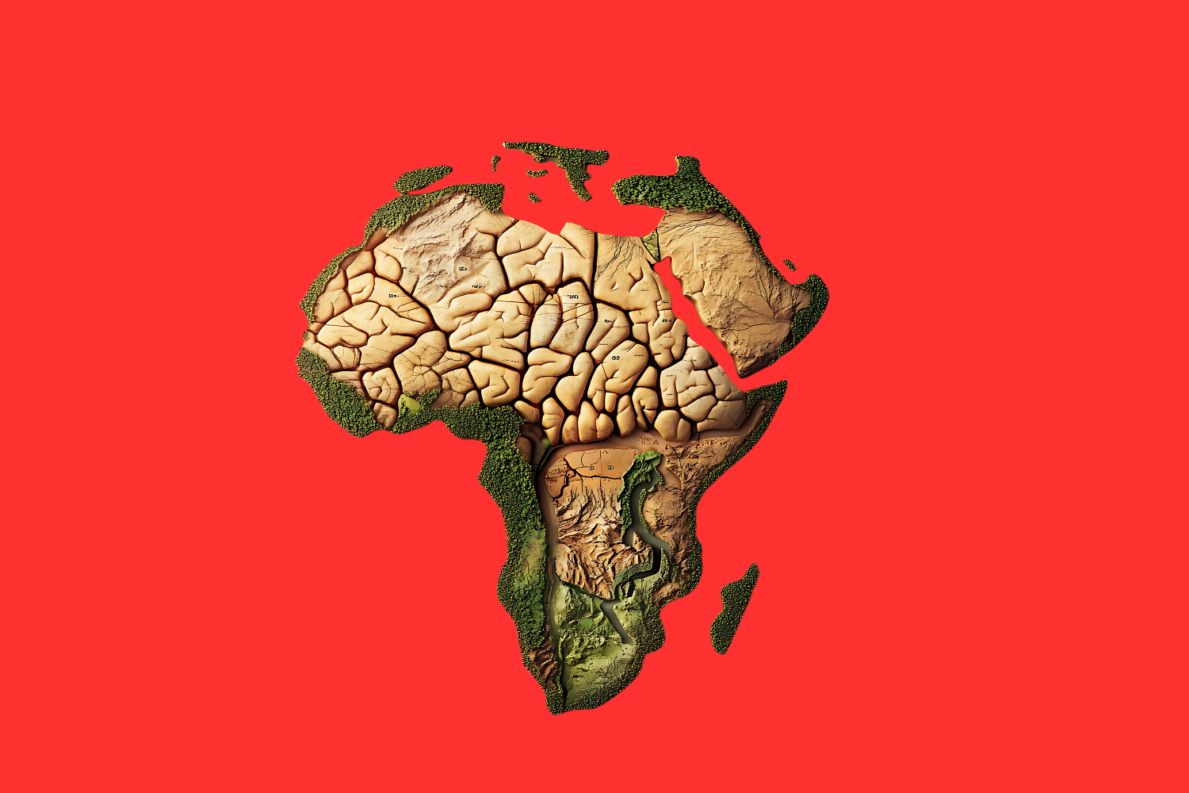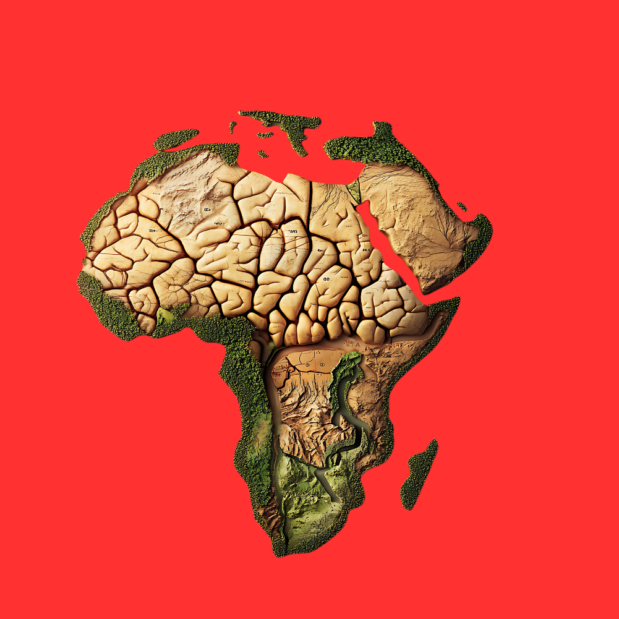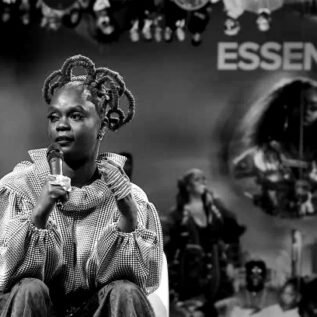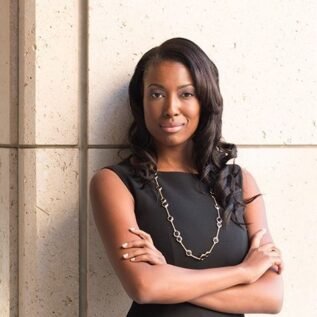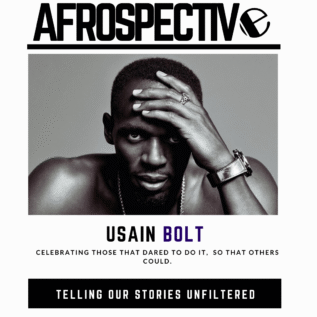
The understanding of emotions has deep roots in our ancestral philosophies, where the mind, body, and spirit are seen as interconnected forces. If asked to recount the intellectual breakthroughs of the last half-century, I would undeniably include the profound shift in our understanding of emotion, which, much like the traditional African emphasis on harmony between the physical and the metaphysical, highlights the symbiosis between reason and feeling.
For centuries, Western thought clung to a dichotomy that placed reason on a pedestal, while emotions were viewed as untamed and base. This split mirrored the historical division between Africa and the West, where African ways of knowing — rooted in emotion, intuition, and spirituality — were dismissed as primitive. The ‘enlightened’ view was that reason must subdue these passions, much like the colonial attitude toward African cultures. A scientist, executive, or leader was expected to detach emotionally, approaching decisions like an automaton, oblivious to the wisdom of the heart and soul.
However, modern neuroscience, much like the revival of African philosophies, has shattered this illusion. It turns out that our emotions are not irrational disruptors; they are, in fact, guiding lights. They are as integral to our decision-making as logic, helping us navigate life with a fuller sense of purpose and understanding. The so-called war between reason and emotion dissolves into a symphony where each plays a crucial part in orchestrating our journey through life. This revelation is as transformative as the reawakening of African pride and identity across the diaspora.
Yet, the problem persists: our institutions and cultures — both in the West and sometimes within our own African contexts, influenced by colonization — have yet to embrace this knowledge fully. Too often, we celebrate raw intellect, dismissing the intuitive, the emotional, the wisdom that resides within the body. Our children are often measured by their ability to excel in standardized tests, just as Africans have historically been measured against Western standards of intelligence, sidelining the rich emotional intelligence that is critical for navigating the complexities of life.
Our economic systems, too, are built on the flawed premise that humans are rational beings. But like a farmer who knows the seasons not just by sight but by the feel of the soil and air, true decision-makers — whether investors, entrepreneurs, or leaders — thrive when they are attuned to their emotions and instincts. Those who are not connected to their emotions, whether in the markets or in life, find themselves adrift, disconnected from the very essence of what makes them human.
One of the pivotal moments in this emotional revolution came with Antonio Damasio’s book Descartes’ Error in 1994. Damasio’s work challenged the age-old separation between mind and body, much like postcolonial African thinkers challenge the artificial boundaries that have been imposed on our identities. Damasio demonstrated that emotions are not mere distractions; they are the compass that gives our decisions meaning. When we lose our connection to this emotional compass, we lose our way, much like a society that has lost its connection to its roots, to its sense of belonging, to its ubuntu.
Since then, the study of emotions has grown into a vibrant field, and much like how modern African nations are reclaiming and redefining their narratives, we are beginning to understand the deep wisdom our emotions offer us. Our bodies, often dismissed as mere vessels, are full of intelligence, constantly sending us signals that inform our experiences and decisions. This understanding of the body as a ‘second brain’ echoes African traditions that have long recognized the body as an integral part of our consciousness.
Emotions, then, are not just reactions; they are guiding forces that help us interpret the world around us. Like a griot weaving the stories of a community, emotions give shape to our experiences, helping us discern meaning, make connections, and navigate the challenges before us. Whether it’s the courage to stand against injustice, the humility to stand in awe of creation, or the joy that allows us to dream and create, our emotions are essential to our survival and our thriving.
Yet, like any power, emotions can mislead us if left unchecked. In financial markets, for instance, we see how euphoria can drive reckless decisions, leading to the kind of bubbles that burst and leave destruction in their wake. The same is true in leadership, whether political or economic. Emotional intelligence is about more than feeling; it’s about understanding and regulating those feelings, much like a drumbeat that keeps the rhythm of a song steady and strong.
In this light, the concept of emotional self-awareness becomes as crucial as knowing one’s cultural roots. As leaders, entrepreneurs, and innovators, we must be attuned to the signals our bodies send us, just as we must be attuned to the needs and aspirations of our communities. It’s not about repressing our emotions but engaging in a dialogue with them, learning to interpret them as part of the holistic decision-making process.
In African cultures, there has always been space for emotional expression. Whether in song, dance, or ritual, emotions are honored as a vital part of the human experience. This wisdom is what the West is only now beginning to rediscover through the lens of modern neuroscience. Marc Brackett’s RULER method, which encourages people to recognize, understand, label, express, and regulate their emotions, aligns with African practices that emphasize self-awareness and communal healing.
The ultimate lesson here is that emotions are not the enemy of reason; they are its ally. They are the lifeblood of decision-making, innovation, and connection. As Africans and members of the global community, we must reclaim our emotional intelligence, much as we are reclaiming our stories, our identities, and our place in the world. For, as we move through life — through its challenges, its triumphs, and its uncertainties — it is our emotions that will guide us toward a more compassionate, just, and connected future.

